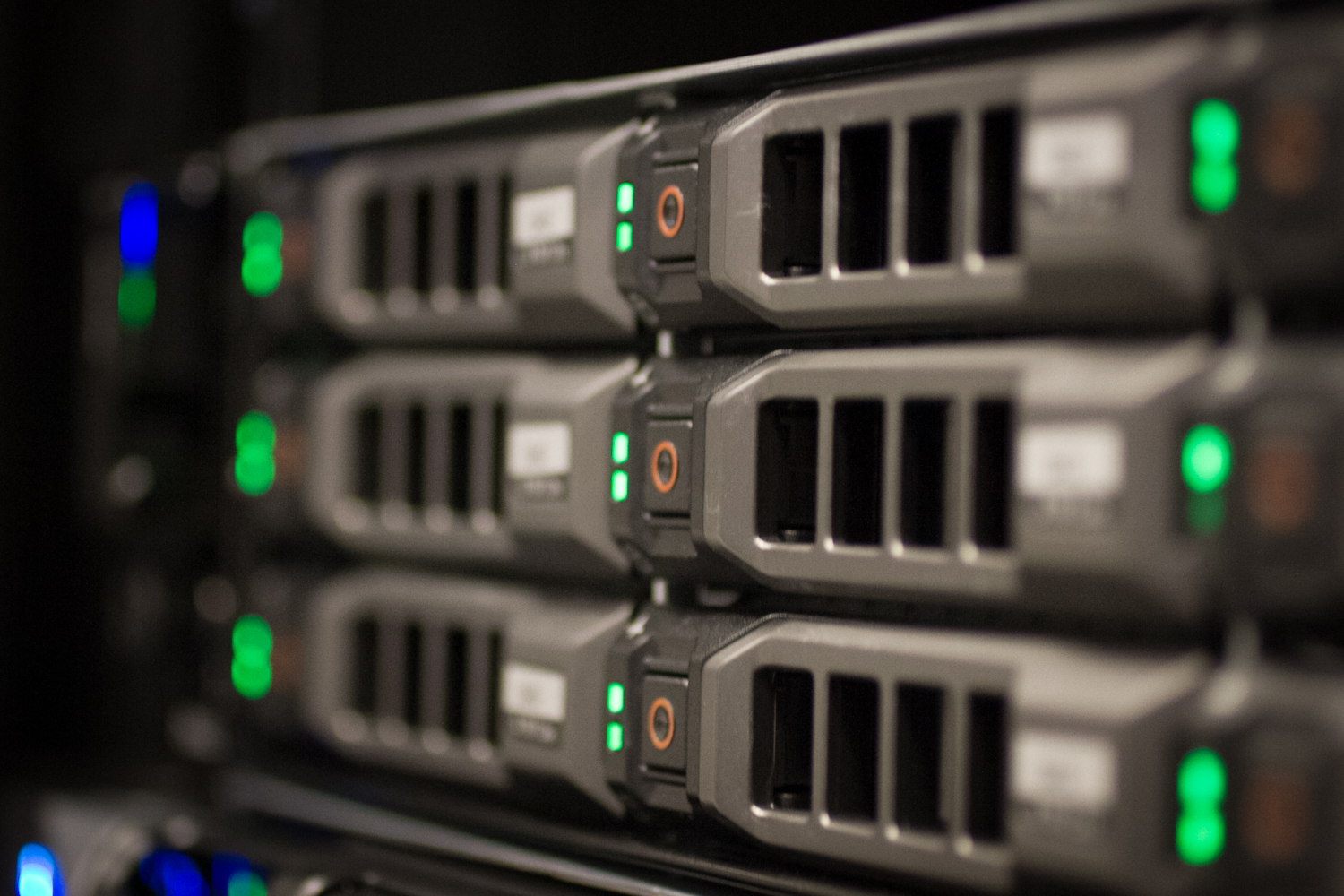“Our lab’s mission is to discover genetic alterations relevant to human disease - particularly in cancer - and translate these findings into treatments and cures.”
Principal Themes
Research in our lab focuses on three general topics related to the molecular and cellular basis of cancer:
Genomic and epigenomic alterations involved in initiation, progression, and metastasis of cancer
Regulation of gene expression and splicing and their association with cancer
Expression and post-translational regulation of proteins in the context of tumor development and treatment
We develop software that uses state-of-the-art sequencing technology to identify variants that contribute to disease, including small mutations, structural variations, epigenetic modifications, and gene-protein-phosphoprotein expression changes. We then validate computational predictions using cell-based assays and high throughput screenings. By looking at thousands of tumors across many forms of cancer, we gain novel insight into the initiation, progression, metastasis, and treatment of cancer at the gene, pathway, and cell level. Ultimately, our work contributes to a deeper understanding cancer and more effective treatments.
Key Technologies
Genomics: We take advantage of high-throughput sequencing technologies to investigate the structure, function, and regulation of the genome, and the implications on disease initiation, disease development, and treatment response.
Proteomics: We use high-throughput global proteomics to assess protein-level and post-translational modification-mediated regulation that is not captured via genomic technologies alone.
Single Cell Sequencing: To complement measurements on bulk cell populations, we utilize single-cell sequencing to reveal tumor heterogeneity (e.g. immune, stromal, and tumor cells), tumor evolution, and tumor interaction with its microenvironment.
Imaging: We apply deep learning techniques on fluorescent and staining-based imaging data to infer new biological mechanisms, and integrate the results with genomics and proteomics analyses. See our imaging gallery for details.
Cloud Computing: We take advantage of cloud computing (e.g. Google Cloud Platform, Amazon Web Services, and Broad's FireCloud) to manage terabyte-scale datasets and carry out large-scale pan-cancer analyses.
Cancer Genomics and Proteomics Projects
Our lab participates in a number of collaboration projects. Please visit our Research Partnerships page to learn more.
Tool Development
The Ding Lab actively develops novel, high-impact tools for computational cancer genomics and proteomics. We use large-scale resources, including high-performance compute clusters and cloud environments, to accomplish our research aims. To facilitate reproducible, robust data analysis through our collaborations with outside consortia, we implement best-practices for work flow and pipeline development. See our tools in active development.

